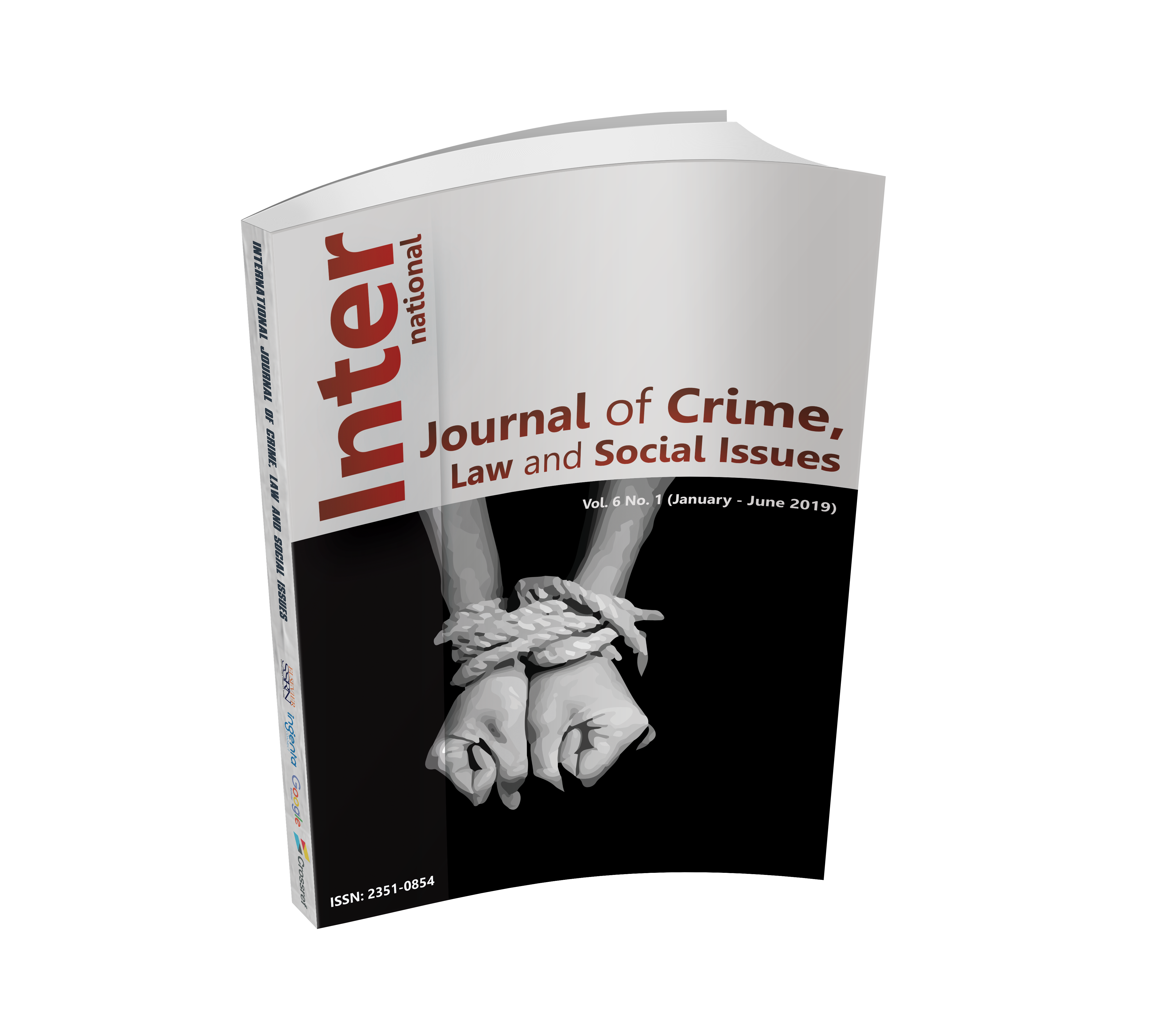Equilibrium of Intellectual Property Rights Under Fair Use: Case Study of Copyright Law and Trade Secrets Law Derivation of Reverse Engineering in Developing Countries
Keywords:
Reverse Engineering, Fair Use, Copyright, Trade SecretAbstract
The balancing of interest is an important objective according to Article 7 of the TRIPS Agreement, which requires the States Parties to implement the provisions of international law in the national legal system. However, each country faces differences in social, economic, political, and cultural backgrounds, especially differences of the developed countries when compared to the developing countries. There is a significant difference in the use of intellectual property law in each country. Therefore, the criteria for the exception of reverse engineering vary from country to country. The purpose of this research is to study the equilibrium of intellectual property rights under fair use derivation from reverse engineering in a developing economy. This study leads to the proposed recommendations for the criterion of intellectual property rights protection for reverse engineering in developing countries and the legislative amendment into two Thai Acts which in the Copyright Act B.E. 2537 (1994), and in the Trade Secret Act B.E. 2545 (2002). Thus, the development of economy in developing countries should amend the intellectual property law that related to reverse engineering.
Downloads











.png)


